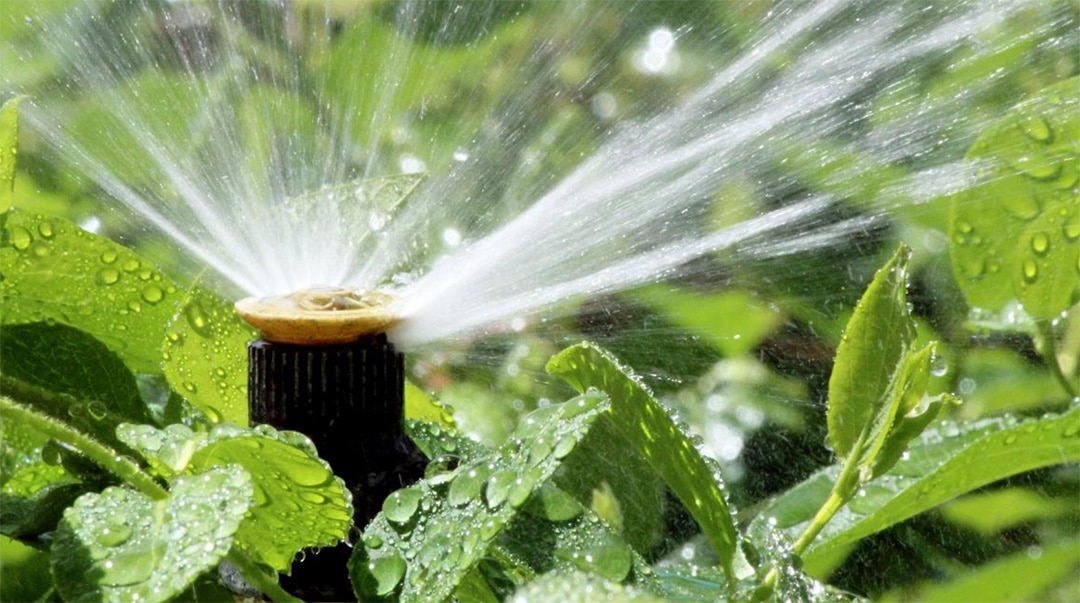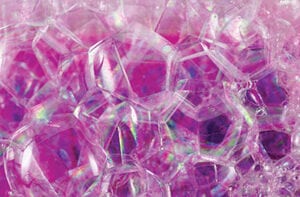How Defoamers Can Save Time and Money in Industrial Production
How Defoamers Can Save Time and Money in Industrial Production
Blog Article
The Role of Defoamers in Enhancing Item High Quality and Performance
Defoamers offer as vital ingredients that minimize this problem, making certain smoother manufacturing process while boosting the useful and aesthetic features of the last products. The choice of the proper defoamer can be essential to achieving optimal results, raising essential concerns about solution compatibility and performance metrics that merit further exploration.
Comprehending Defoamers
Comprehending the function of defoamers is necessary for keeping item top quality throughout numerous markets. Defoamers are chemical ingredients created to lower and protect against the development of foam in fluid systems, which can negatively impact processes such as mixing, loading, and surface area stress. Lathering can cause inadequacies, product problems, and compromised aesthetic allure, making defoamers a crucial component in making procedures.
In industrial applications, defoamers help to enhance product uniformity and security. In the paint and layers market, foam can interfere with the application process and the last surface. Similarly, in food and drink production, excessive foam can prevent bottling and packaging efficiency (defoamers). The efficient use defoamers not just makes sure smoother production procedures but additionally adds to superior item performance.
Furthermore, the option and formula of a defoamer must straighten with specific application demands, such as compatibility with other components, performance under varying temperature level and pH conditions, and prospective regulatory restrictions. Inevitably, understanding defoamers' features and their relevance in different solutions is important for optimizing production and making certain the best quality final product.
Kinds Of Defoamers
Defoamers can be categorized right into numerous kinds based on their composition and system of activity. The key types include silicone-based, non-silicone natural, and not natural defoamers.
Silicone-based defoamers are amongst the most effective, mainly as a result of their capability to spread quickly on the liquid surface area and disrupt foam development. Their distinct chemical structure permits for remarkable security, making them ideal for high-temperature applications and settings with differing pH levels.
Non-silicone organic defoamers, frequently composed of all-natural oils or fats, are valued for their biodegradability and reduced toxicity. These are generally used in food and beverage applications where safety and ecological influence are vital.
Not natural defoamers, which consist of compounds like talc or calcium carbonate, act by enhancing the thickness of the fluid, thus decreasing foam stability. They are usually utilized in industrial procedures where compatibility with other products is not a problem.
Each kind of defoamer has unique benefits and restrictions, allowing for customized options relying on the particular foaming issues encountered in numerous applications. Recognizing these differences is important for optimizing efficiency and attaining preferred product top quality.
Applications Throughout Industries
Various industries utilize defoamers to enhance item high quality and operational effectiveness. In the food and beverage field, defoamers are critical in processes such as developing and dairy products production to stop foam development, which can result in more info here inadequacies and product inconsistency. By regulating foam, makers can ensure far better yield and an extra consistent product.
In the pharmaceutical sector, defoamers play an important duty in the formula of liquid medicines, where excessive foam can hamper mixing and precise application. Their use aids maintain the stability of the formulations and assists in smoother production processes.
The paint and coatings market additionally depends on defoamers to boost the performance of products throughout application. By minimizing foam, these ingredients make certain a smoother finish and improve the visual high qualities of the last item.
Benefits of Using Defoamers
While the application of defoamers varies across industries, their benefits regularly enhance product top quality and procedure performance. One considerable advantage is the reduction of foam formation during producing processes, which can otherwise result in production hold-ups and inconsistencies in item quality. By reducing foam, defoamers enable a smoother circulation of products, assisting in a lot more efficient operations and lowering the probability of devices malfunctions.
In addition, making use of defoamers can enhance the appearance and appearance of last items. In industries such as coatings, paints, and food handling, extreme foam can jeopardize the aesthetic appearances and general quality, while the ideal defoamer application makes sure an uniform coating and desirable characteristics. Defoamers can add to set you back savings by lowering waste during manufacturing and enhancing the usage of raw materials.

Picking the Right Defoamer
Choosing the ideal defoamer is critical for maximizing manufacturing procedures and making sure item high quality. The More Bonuses option of defoamer influences not only the effectiveness of foam control but also the overall efficiency features of the end product. Elements to consider include the kind of application, the chemistry of the solution, and the environmental problems under which the product will be used.
Various markets may require details defoamer kinds, such as silicone-based, organic, or polymeric defoamers. Comprehending the compatibility of the defoamer with the primary active ingredients is vital to stay clear of damaging responses that could endanger item integrity. Additionally, the defoamer's performance in different temperatures and pH degrees should be assessed to make certain constant performance.
Checking the defoamer in small-scale applications can give important understandings into its efficiency and suitability. Factor to consider of regulative compliance, specifically in food, pharmaceuticals, and cosmetics, is vital in selecting a defoamer. Eventually, an extensive analysis of these factors will certainly result in the option of a defoamer that not only manages foam properly but likewise boosts the quality and performance of the last item.
Conclusion

In final thought, defoamers are necessary additives that substantially enhance product quality and efficiency across various industries. The critical option find out here now and application of defoamers lead to cost savings, maximized source use, and increased consumer fulfillment.
Lathering can lead to inefficiencies, item flaws, and compromised visual allure, making defoamers an important component in making procedures.

Report this page